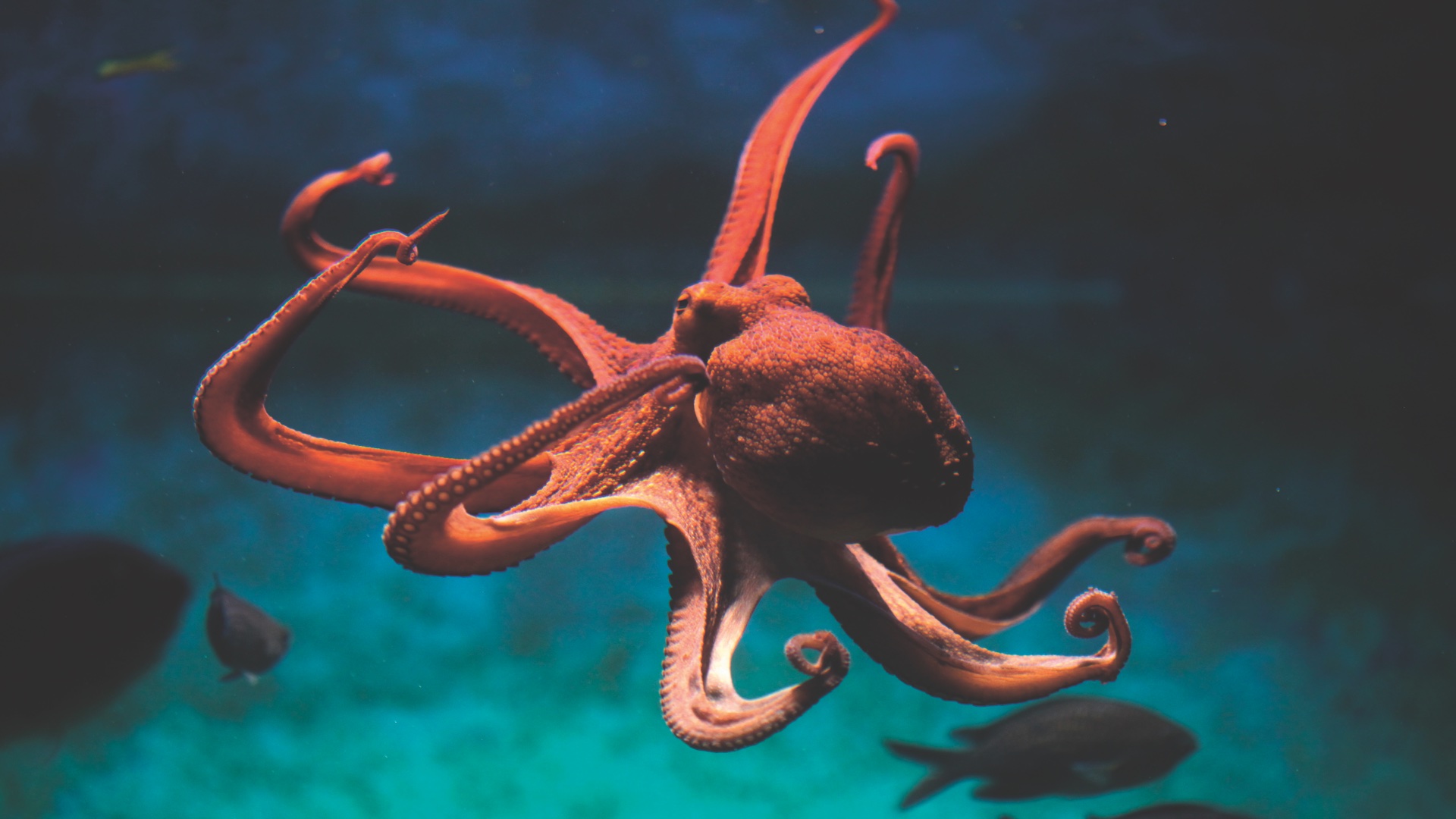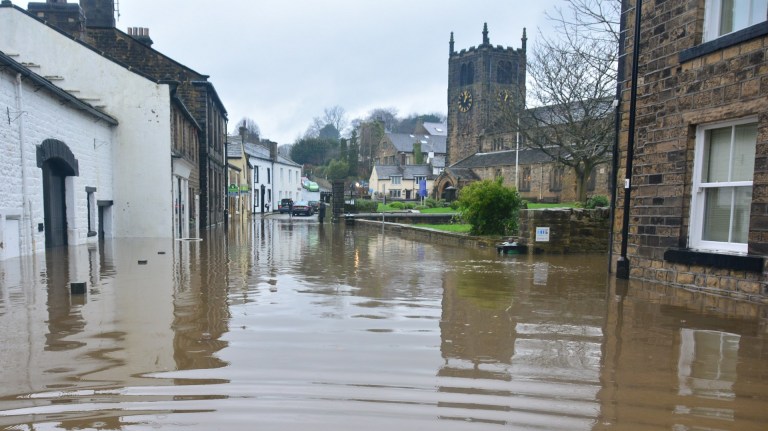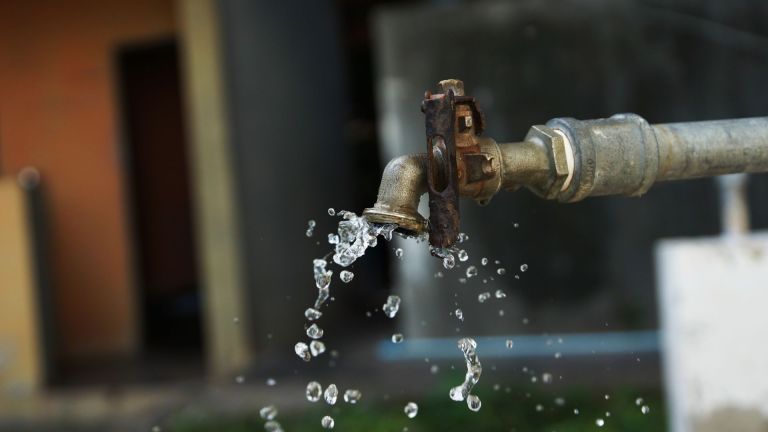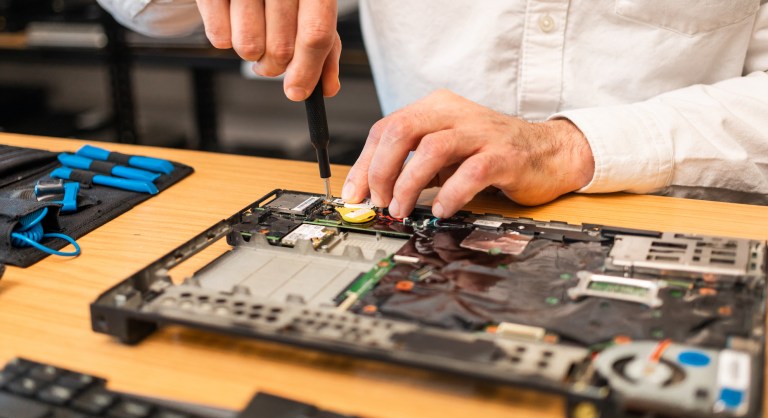My book Other Minds had its origins in a series of encounters with some unusual animals. The encounters took place in the ocean around Sydney, Australia, and the animals were cephalopods – members of the group that includes octopuses, cuttlefish, and squid. I hadn’t been looking for these animals, or planning to become obsessed with a wild bunch of molluscs.
The meetings began by chance, when I came across them in the water. I had a vague knowledge beforehand that these animals were unusually “smart” compared to other invertebrates, but my early encounters with them were still startling.
More than half of the neurons in an octopus are not in the animal’s brain, but are spread through the body
The first ones I met were Giant Cuttlefish, hovercraft-with-tentacles that can produce just about any color on their skin, and change their colors and patterns in less than a second. Then I began to come across octopuses, as they fastidiously arranged objects in front of their dens. I found that when I hovered in front of these animals in the sea, they often seemed interested in me – watchful, inquisitive, and engaged. There seemed to be a lot going on inside them.
The picture we’ve often been encouraged to have of animals very different from us – especially invertebrates, which lack backbones – is that they are little robots, or perhaps even less than that. Biology is now uncovering hidden complexity in the behavior of a wide range of animals, but cephalopods are a special case. To get an understanding of their place in the scheme of things, it’s helpful to zoom out and think about the history of animal life as a whole.
The evolution of animals has the shape of a tree, a series of branchings in which one species or population splits and gives rise to two. After a split, the species one each side will diverge, and if they survive, they may eventually split again. One of these branchings in the history of animals occurred perhaps 600 million years ago. A population of small worm-like creatures split, and the two sides gave rise to two great branches of the animal tree.
One branch includes ourselves and other vertebrates, such as other mammals, birds, and fish, while the other branch includes insects, crabs, earthworms, and many other familiar invertebrate animals. On that other side, most of the animals have simple brains (if any) and small nervous systems, but cephalopods are the exception. They have nervous systems as large as those in many vertebrates, but evolved these on an entirely separate line









